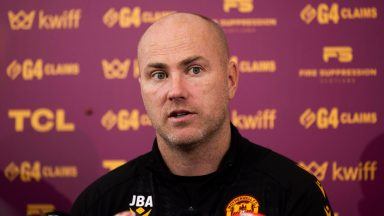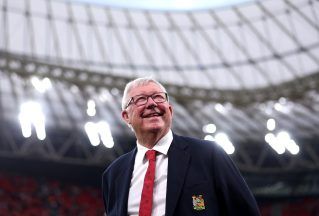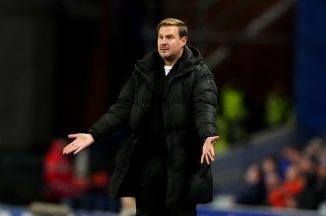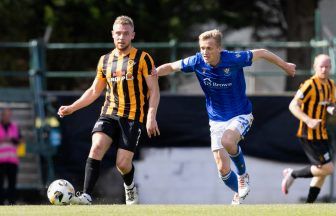Looking over the border and drawing comparisons has never been a productive pastime for Scottish football fans, though it’s as old as the game itself.
Comparing level of play, standards of player, transfer fees or TV deals, there’s rarely a fair or accurate way to weigh up the two and never widespread agreement on conclusions reached.
This week, attention turned to supporters and the decision by the UK Government to “give the green light” to fans returning to stadia in England.
The scale of the return is limited but it prompted a change in tone for the discussion in Scotland about supporters being back in the stands and what, or who, is the barrier to progress.
In the vast majority of grounds, doors have been closed since April with games played in front of empty seats. Test events were held and took place without any major problems or identified outbreaks of coronavirus. So the obvious questions in recent months have been “When will fans be back as a matter of course?” and “When will they be back in substantial numbers?”.
The Scottish football authorities have been keen to know the answers to the unknowable for some time but on Wednesday the Scottish Professional Football League stepped things up a gear, writing to First Minister Nicola Sturgeon requesting a meeting. Citing the English example, they wanted a meeting “at any time, day or night” to discuss a timescale.
The letter was signed by SPFL chief executive Neil Doncaster but, as he’s fond of saying “The SPFL is the member clubs” and there’s little likelihood he would be turning up the pressure in public if he hadn’t been urged to do so in private.
Doncaster’s urgency is understandable. The prolonged absence of supporters deprives clubs of their main source of income and will have grave consequences if it continues without end. The chief executive said that “failure to get fans back in the very near future will sound the death knell for some of our best-loved clubs” and he was only echoing what clubs have said themselves for some time.
Government has been in discussion with football’s governing bodies since the start of the crisis but this new approach was a direct appeal to the top.
It varied in style from a strident ‘Let me speak to the manager’ (“If the First Minister refuses to allow football fans all over Scotland to watch their beloved teams… she will have to explain to them the clinical difference between Scottish fans and English fans”) to a more persuasive ‘Help me, Obi-Wan Kenobi. You’re my only hope’ (“You alone have the chance to put a much-needed smile on the faces of millions of Scottish football fans”).
Neither plea made a difference.
Though it’s understood no written response has been received by the SPFL following their formal request for a meeting, national clinical director Jason Leitch addressed the issue when standing alongside the First Minister at Wednesday’s daily briefing.
“We are cautious but we have a route back for fans,” he said.
“The route back for fans is lower levels (of coronavirus) – and lower levels rely on prevalence in the community.
“We understand the nature of the football business and we need to both support that financially but also support it to get that revenue back for them.
“But not at the expense of prevalence, hospital admissions and death.”
Loud and clear. Whether it’s letter from the league, or tweets from clubs, it’s unlikely to move the Scottish Government one way or the other. Public health guidelines, whether you agree with them or not, won’t be shifted to any great degree by lobbying in this case.
If exchanging Christmas gifts indoors is at the outer limit of what’s considered permissible but still risky, then exchanging insults with rival fans in the stands isn’t going to jump up the pecking order any time soon.
The following day, Minister for Sport Joe Fitzpatrick doubled down on the position, saying there was “no immediate prospect” of an increase in the numbers allowed in grounds in Tier 0 or Tier 1 areas, and “no plans” to allow fans in at all in the higher tiers.
Given the widespread warnings about the difficulties in reducing the numbers surrounding the virus, it’s no surprise that an opening of the gates has been so quickly dismissed.
The prospect of an ongoing lock-out, and a slow, incremental return affects more than the league clubs.
The Scottish FA moved the showpiece games from the climax of last season’s Scottish Cup to October and December in the hope the pandemic would have passed and some ticket sales would be permitted but the cup final will be played in an empty Hampden next month. In addition, the governing body will be keen to see the Tartan Army return to the national stadium for March’s World Cup qualifier.
UEFA are monitoring differing situations across Europe as they prepare for the delayed Euro 2020 finals and there’s growing realisation that full houses across the board are unlikely.
Everyone is affected by the current situation, which makes the SPFL’s decision to go it alone and dial up the rhetoric all the more surprising.
The announcement of the changes down south were the trigger for Wednesday’s public letter but brought out the acute concerns that are being felt across the country.
Demanding comparison and explanation is unlikely to smooth the path for an improvement in the situation though.
The rejection of their public move will be sorely felt by the 42 SPFL clubs but as they ponder their next step they may well consider part of the detail of Leitch’s comments.
“We need to both support [football] financially but also support it to get that revenue back for them,” he said. The dire situation that Doncaster described does need a response and it may be that dialogue over further financial support is needed before changes allow the stands to fill again.


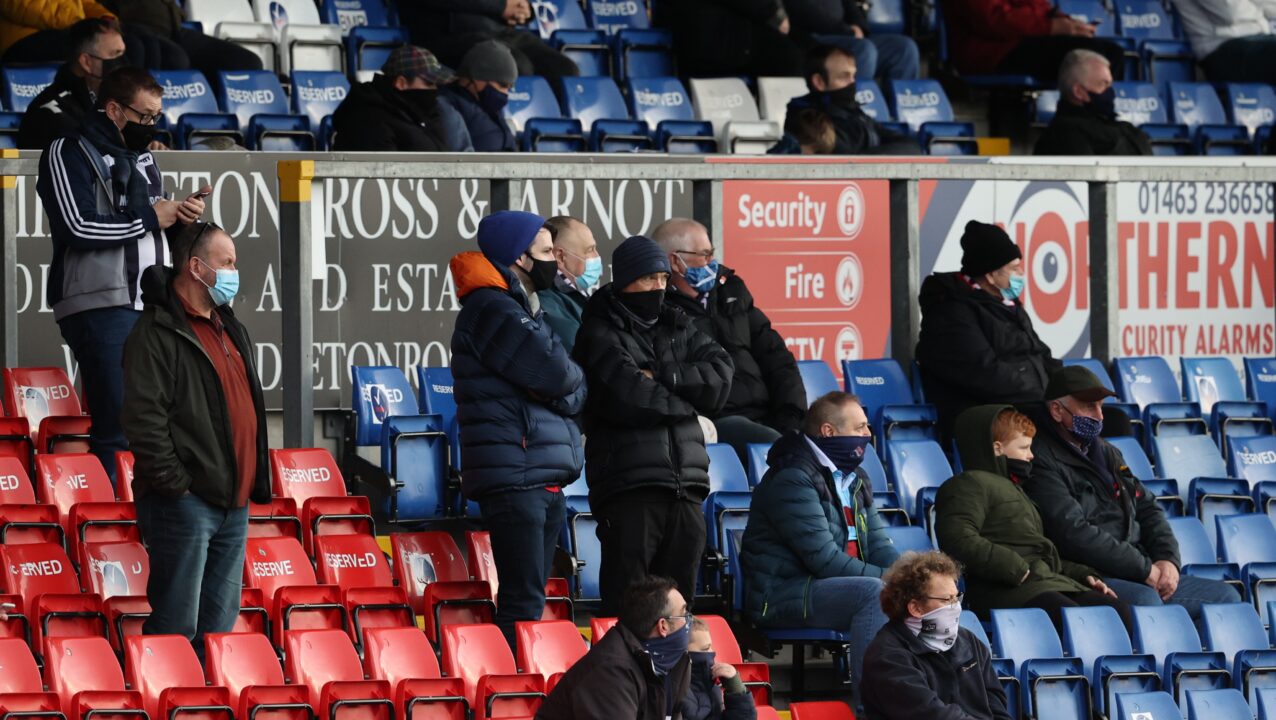 SNS Group
SNS Group















